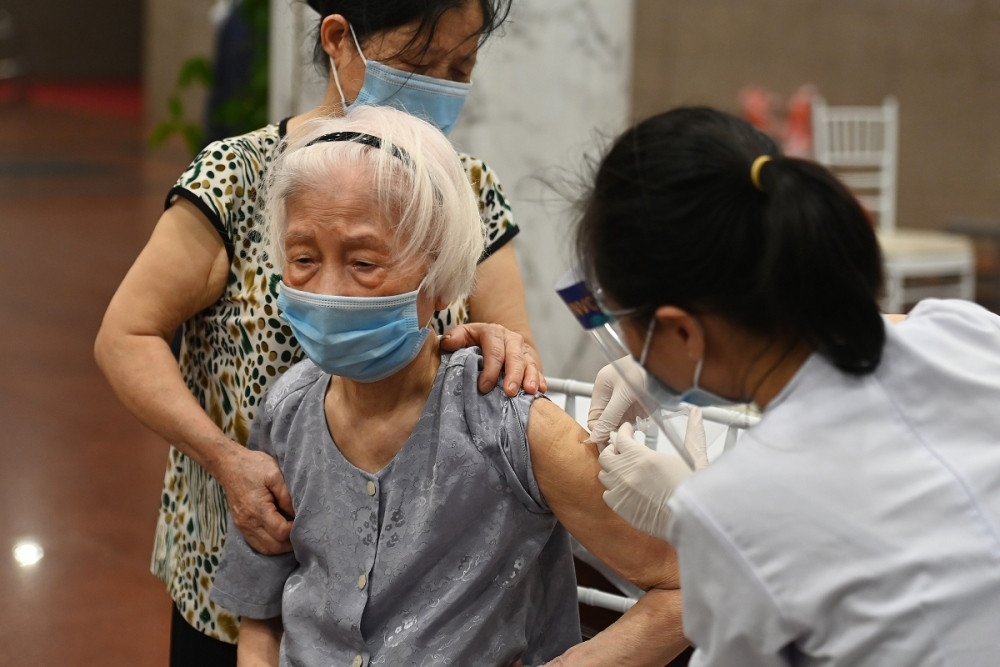

The department said on December 15 that during the July to November period it continued to cooperate with the Oxford University Clinical Research Unit (OUCRU) to randomly conduct genome sequencing. They found that all of the cases had been infected with the Omicron variants.
Most notably, the World Health Organization (WHO) changed the classification of Omicron’s sub-variant BA.2.86, which has also been recorded in Ho Chi Minh City, from a variant under monitoring (VUM) to a variant of interest (VOI).
However, subvariant EG.5, which is now the most prevalent COVID-19 variant, has yet to be recorded in the southern city.
Though the number of hospitalised cases in the city has fallen sharply, health experts noted that new variants may spread within the community and attack the elderly and unvaccinated people.
To cope with the risk of a COVID-19 resurgence in the city, the health department has suggested that local authorities issue strong recommendations at tourist attractions and public places in order to remind people of the need of wearing face masks and washing their hands frequently, as well as increasing communications to encourage locals to get vaccinated against the disease.
Source: VOV